
Introduction
Our sense of hearing is a precious gift, frequently overlooked until it finds itself in jeopardy. Everyday habits—from cranking up the volume on our headphones to simply ignoring the need for regular ear checkups—can lead to+ hearing damage. Many people engage in daily habits that actually hurt our hearing without ever knowing what their eventual effect could be. Knowing these and making simple, effective changes can help preserve your hearing for years to come. In this book, we will discuss ten common habits that could be destroying your hearing, along with some useful tips to protect and conserve your hearing health. Make informed choices today, and make sure you can enjoy radiant and crystal-clear sounds in your future.
Loud Music: Impact on Your Hearing
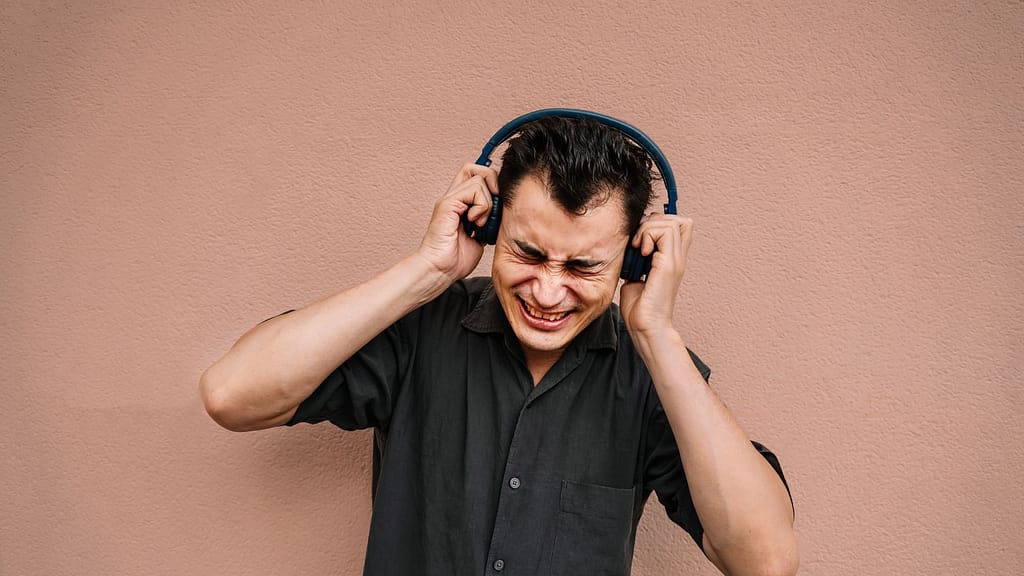
Listening to loud music stands out as one of the most prevalent habits contributing to hearing damage. Extended exposure to elevated volume levels via headphones or earbuds can result in irreversible hearing loss. The intense sounds emanating from your device can harm the delicate hair cells within your inner ear, which play an essential role in sound detection. As time passes, this damage accumulates, resulting in lasting hearing problems.
Even though you might not experience the effects immediately, continued exposure to loud music increases your risk of having hearing problems later in life.
Advice for Safeguarding Your Hearing
This can help retain the health of your ears while being able to enjoy your favorite songs by keeping the volume at no more than 60% maximum. This guideline aids in minimizing the amount of stress applied on the ears. Moreover, one should also avoid listening for more than 60 minutes per day. Breaks give your ears time to recover, reducing the chance of long-term damage. You can still be grooving to your favorite melodies with these minor adjustments.
Exposure to Loud Environments
*Hearing Damage Risks* Regularly being around loud environments is another major hearing damage habit. Whether it’s concerts, construction sites, or noisy machinery, exposure to high decibel levels can seriously harm your hearing. Continuous loud noise can cause the inner ear’s hair cells to deteriorate, leading to permanent hearing damage. It’s not just occasional exposure that poses a risk; frequent or prolonged exposure increases the chances of experiencing hearing issues.
Protective Measures for hearing damage
Ear protection should always be worn in noisy environments. Earplugs or earmuffs can significantly reduce the level of harmful sounds. They act as a barrier between your ears and the din that offers assistance.
Doctor’s Tip:
To save your hearing, keep your music volume no louder than 60 percent of the maximum and the music listening no longer than 60 minutes at a time, advises audiologist Dr. Emily Nguyen. “If you need to listen for longer periods of time, invest in good, over-the-ear headphones with noise-cancelling features so you won’t be enticed to turn up the volume.”
Disregarding Ear Protection
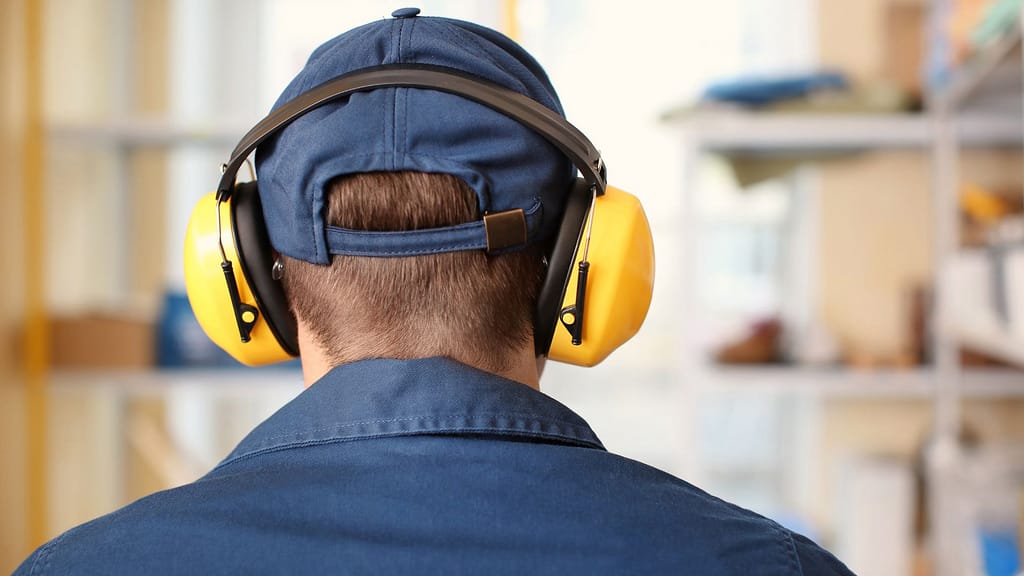
Impact on Hearing Health
The habit of ignoring ear protection is a major cause of hearing damage. Not wearing ear protection when exposed to loud noises at a construction site, concert, or very noisy workplace will increase the chances of damage to your hearing. High decibel levels are powerful enough to overcome the natural defenses of your ear and can cause damage to inner ear structures. This could result in permanent hearing loss or tinnitus. Repeated exposure increases that risk over time if one does not protect his or her ears and makes it much harder to maintain good hearing health.
Effective Ear Protection Tips for hearing damage
Always wear earplugs or earmuffs if you’re going to be in a noisy environment. Earplugs are the perfect tool to reduce noise exposure while being unobtrusive and comfortable. Earmuffs provide better protection and sometimes are more appropriate for very loud environments. Choose hearing protectors that fit well and reduce noise adequately. Ear protection used regularly puts you on guard against the effects of too much noise exposure on your hearing and keeps your auditory system healthy and in working order.
Doctor’s Tip:
Dr. Sarah Patel, an audiologist, emphasizes the significance of ear protection in loud environments: “Never underestimate the importance of ear protection in loud settings. Use earplugs or earmuffs during activities with high noise levels. Regularly check and replace ear protection to ensure its effectiveness.”
Using Cotton Swabs in Your Ears
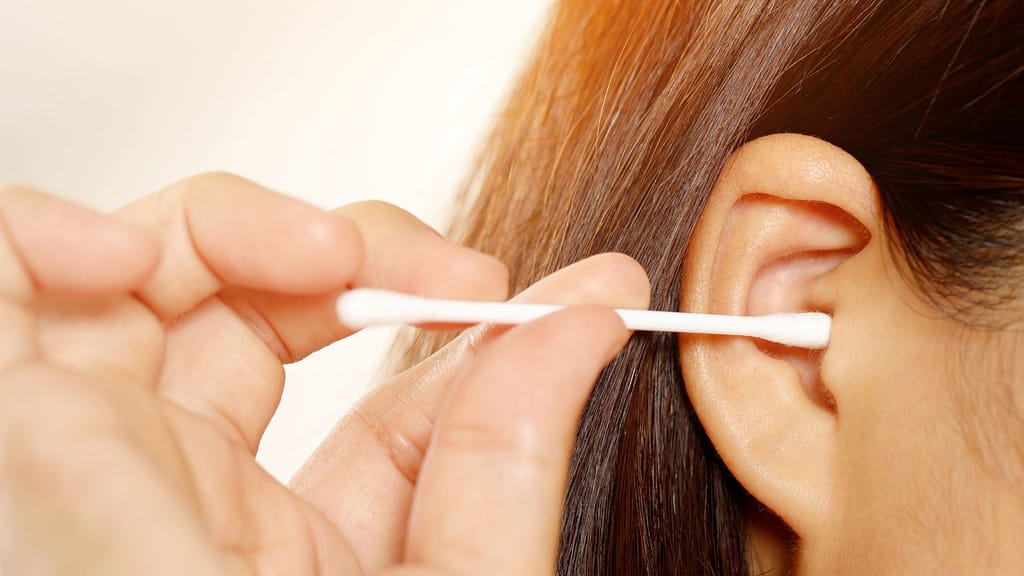
Risks of Cotton Swabs
One of the most common but dangerous habits people have is cleaning one’s ears with cotton swabs. The swab applied into the ear canal may propel earwax further and block it or even tear the eardrum. This may result in discomfort, hearing loss, or maybe even infections in the ear. The cotton swab is also disrupting the natural process by which earwax migrates and at times creating bigger problems than it solves. Even if one does not see immediate effects, the potential danger of pushing wax deeper into the ear is a big concern.
Safe Ear Cleaning Practices
Rather than cotton swabs, clean out your ears with a warm, moist washcloth. Gently wipe the outer ear to remove apparent wax or other particles. If you are having trouble with excess earwax or other discomfort, it is best to see your healthcare professional. They can remove the earwax safely and check for any potential problems. So by avoiding cotton swabs and using safer cleaning methods, you will protect your ear health while avoiding possible damage to the eardrum and the ear canal.
Doctor’s Tip:
Dr. Michael Thompson, an ENT specialist, offers this advice: “Avoid using cotton swabs to clean your ears. Instead, gently cleanse the outer ear with a damp cloth. Should you suspect a buildup of earwax or experience any discomfort, consult a healthcare professional for safe removal.”

Listening to music using earbuds
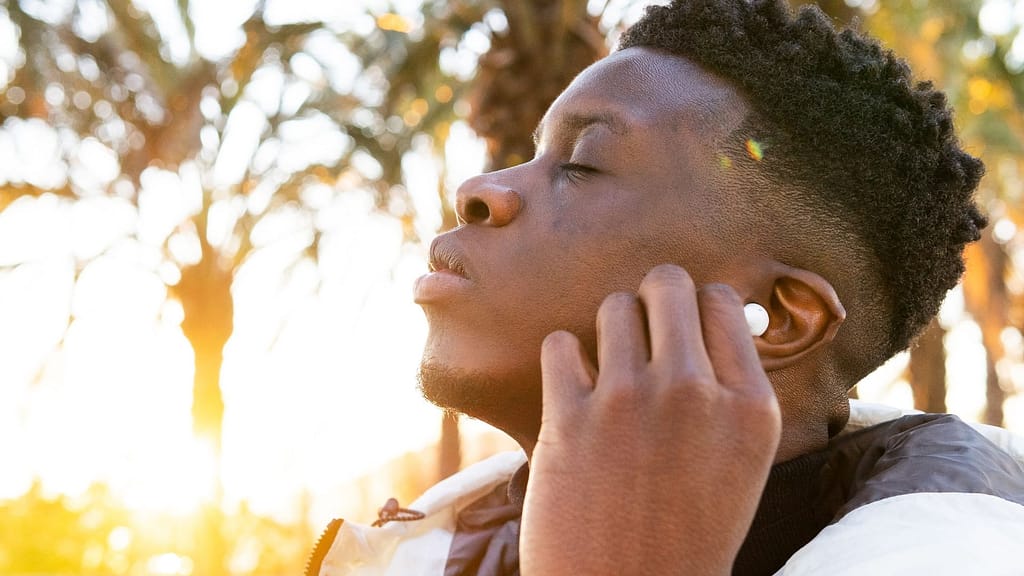
Impact on Hearing Health
Listening to music using earbuds has become very common, but it also implies the risk of hearing damage. Earbuds rest deep in the canal of a person’s ears and propagate sound right into the ears. This kind of direct exposure may lead to serious long term hearing damage.
The proximity of earbuds increases loud music, raising the risk of permanent hearing loss. If used for a long period while the volume is turned up, they may easily damage the sensitive hair cells in your inner ear, leading to hearing loss.
Tips for Safer Listening
In this regard, always use over-the-ear headphones instead of earbuds to minimize the possibility of hearing damage. Over-the-ear headphones offer greater sound quality and have noise-canceling elements that will allow you to enjoy your music at lower volumes. As such, this reduces the need to turn up the volume, thus protecting your hearing. Additionally, always go for headphones with a comfortable fit that allows you to be secure and not turn up the volume to relay over other background noises.
Doctor’s Tip:
Dr. Lisa Turner, an audiologist, advises, “Choose over-the-ear headphones instead of earbuds, as the latter can direct sound too intensely into your ear canal. However, if you find it necessary to use earbuds, make sure they fit properly and that you maintain the volume at a safe level.”
Not Taking Hearing Breaks
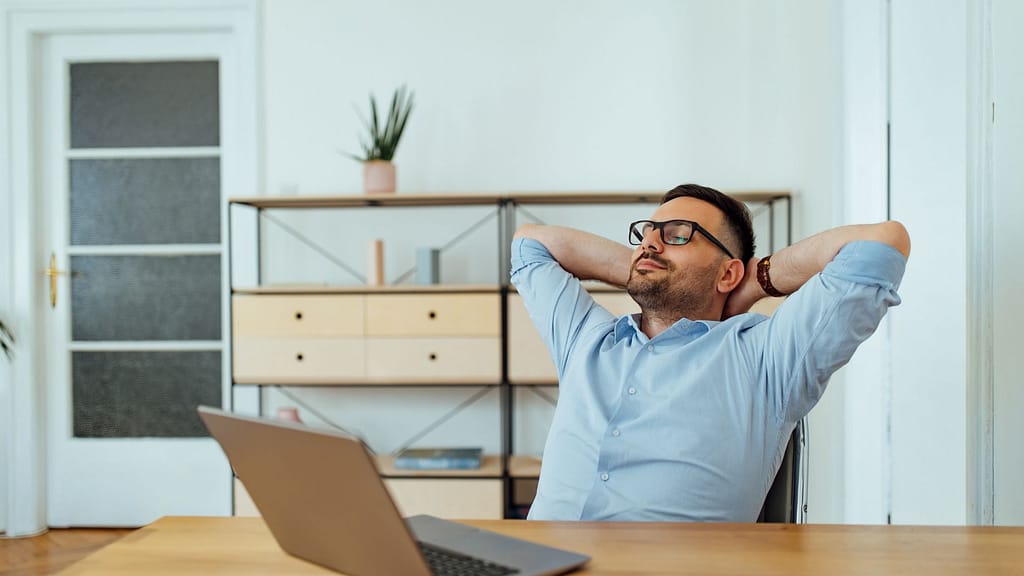
Risks of Continuous Exposure
Another hazardous habit that leads to hearing loss is not taking regular breaks from high-decibel sound. Prolonged exposure to high decibels, whether from deafening music, heavy machinery, or other sources, can accelerate the process of hearing loss at an alarming rate. The inner ear needs time to recover from these loud sounds, and without regular breaks, the potential for permanent damage dramatically increases. Over time, this constant exposure can lead to significant and irreparable hearing loss.
The 60/60 Rule for Protection
To protect your hearing, use the 60/60 rule: listen to music or be exposed to loud noises at no higher than 60 percent of the volume for no longer than 60 minutes at a time. When that 60 minutes is up, take a break and give your ears a little rest.
Doctor’s Tip:
Follow the 60/60 rule,” recommends Dr. James Harris, an audiologist. “Keep your volume at no more than 60% and never listen for more than 60 minutes before taking a break. This approach significantly lowers the risk of hearing damage caused by extended exposure to loud sounds.”
Missing Routine Hearing Tests
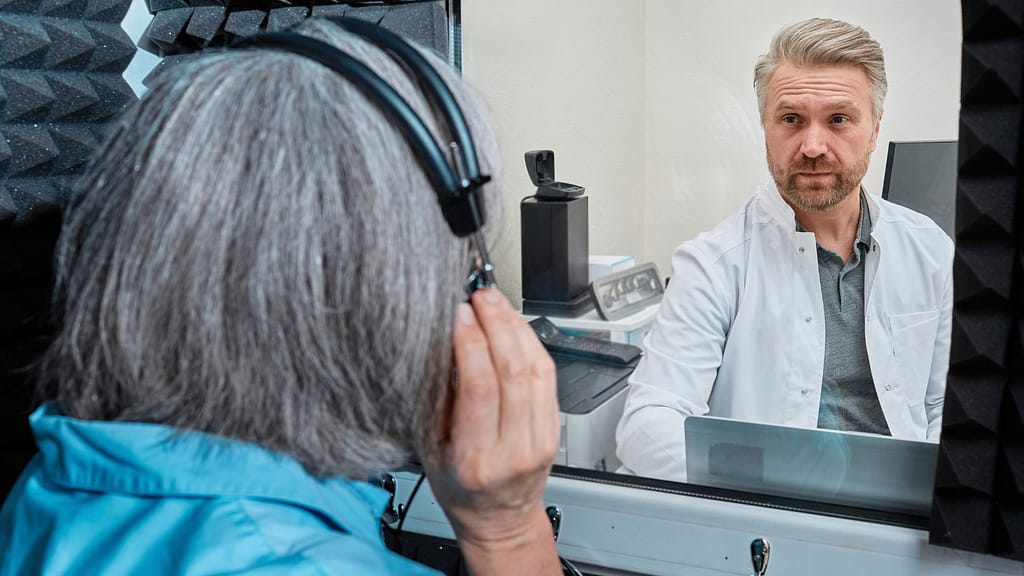
Impact on Hearing Health
This is a common but dangerous mistake. Without regular hearing tests, you could go on for years without realizing you have a problem, allowing it to get worse and worse. Hearing problems usually progress slowly. Early detection is the key to addressing the problem efficiently. Once you start putting off checkups, you may miss the opportunity to address minor issues before they turn into significant, hard-to-address hearing loss. Regular assessments permit monitoring your hearing health and detecting any changes at an early stage to successfully provide intervention and treatment.
Advice for Active Hearing Health
To maintain the best possible hearing health, it is essential to schedule annual assessments with a professional. These regular checkups enable you to monitor your hearing and promptly address any changes or concerns that may arise. Detecting issues early can prevent further damage and enhance your chances of successful treatment. By making hearing assessments a routine aspect of your healthcare, you ensure that your auditory health remains optimal and that potential problems are caught before they escalate.
Doctor’s Tip
According to Dr. Karen Clark, an audiologist, “Schedule annual hearing checks to keep tabs on any changes in your hearing. Regular follow-up helps in detecting problems at an early stage and preventing further hearing loss. Early intervention is very necessary for managing hearing health.”
Exposure to Sudden Loud Sounds
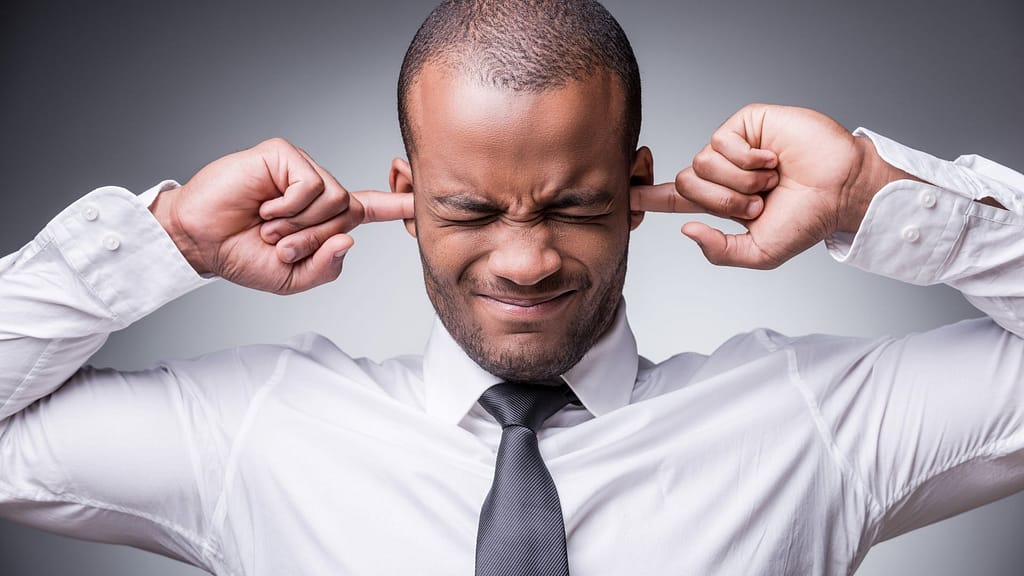
The Dangers of Sudden, Loud Noises
Very sudden, very loud noises—like from explosives, fireworks, or gunshots—are potentially able to cause instant hearing damage. Such abrupt and high-decibel noises may overwhelm the defensive mechanisms of the ear and instantly damage the structures in the inner ear. This can lead to instant hearing loss or tinnitus, with some effects being permanent. The instantaneousness of these types of sounds is what makes them so damaging to an individual’s audio system.
Safety Precautions
To protect your hearing, appropriate ear protection should be used whenever sudden loud noises may occur. Earplugs or earmuffs can significantly reduce the shock of such sudden noise exposure. Keeping ear protection at hand when attending fireworks displays, going to shooting galleries, or attending loud concerts ensures you’re prepared to protect your hearing. By taking proactive steps and using protection, you can significantly lower the chance of sudden hearing loss and preserve your auditory health.
Doctor’s Tip
When exposed to noisy environments, one needs to protect one’s ears with earplugs or earmuffs,” says Dr. Marcus Lee from Occupational Health Specialists. “Make sure they are rated for the noise levels you will be exposed to and always use them to reduce the risk of hearing damage.”
Listening to music while using power tools
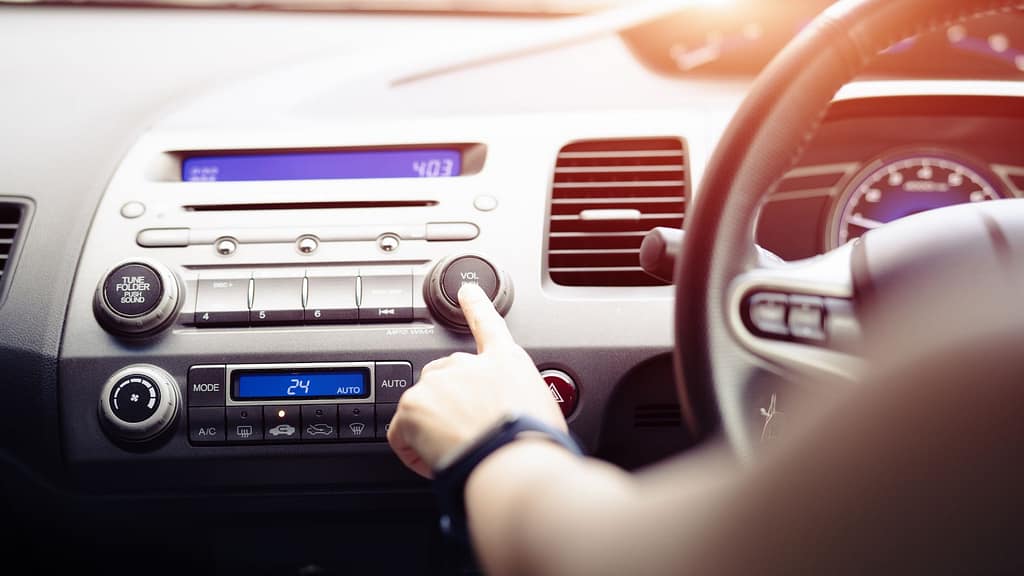
Impact on Hearing
Listening to music with power tools is a dangerous combination. The combination of the loud noise of power tools with high-volume music can significantly increase your risk of hearing loss. The combined cacophony from both can increase the overall decibel level, exerting more pressure on your ears. Continuous exposure to these elevated noise levels may also cause damage to your ear’s tender structures and eventually lead to permanent hearing loss.
Guidelines for Safe Listening
Wear noise-canceling headphones or ear protection when operating very loud machinery to protect your hearing. Noise-cancelling headphones will reduce the urge to turn up the volume on your music and make everything easier to hear, causing less stress to your ears. Ear protection, such as earmuffs or earplugs, is key to saving your ears from high decibel production from power tools and music. These precautions can make sure you are able to enjoy your work without hearing damage issues.
Doctor’s Tip
Audiologist Dr. Laura Davidson adds, “Use ear protection specifically designed for high noise environments when operating power tools. Noise-canceling headphones could help eliminate the need for excessive volume in music, but be certain that they also offer ample protection against the loud machinery.”
Neglecting Ear Health

The Dangers of Ear Hygiene Neglect
Neglecting ear health is a very common problem, which in many cases may have grave consequences. Poor ear hygiene, combined with neglect of symptoms of ear infections or possible hearing loss, can lead to permanent damage. Because of this, over time, accumulated ear wax, infections, or unheard hearing problems can dramatically affect one’s auditory health. Ringing in the ears, muffled sounds, or pain should never be ignored, as they can indicate more complicated underlying problems that may require immediate attention.
Tips for Preserving Ear Health
Clean your ears with a wet cloth, and avoid putting things inside your ears, especially cotton swabs. If you have ringing or hear muffled, seek help right away. A regular visit to the doctor may help to detect and treat any problem of your ear before things get out of hand. Maintaining good ear hygiene and acting on symptoms can prevent damage from occurring and help protect your hearing for years to come.
Doctor’s Tip
Maintain good ear hygiene—gently clean your ears with a damp cloth—and if you feel symptoms such as ringing or muffled hearing, seek professional help. Regular checkups can prevent serious problems and can actually save your hearing,” says Dr. John Smith, an otolaryngologist.
Conclusion
Looking after your hearing is very important for maintaining healthy auditory function throughout your life. Many everyday activities, from listening to loud music to failing to attend regular check-ups with hearing specialists, are more than enough to cause serious damage in one’s ability to hear. Be aware of risky habits and make a change for good toward avoiding harm and finding a life full of bright, beautiful sounds. Keep in mind professional recommendations: wear hearing protection in loud environments, and make sure your music is at safe levels. By giving priority to these practices, you help protect your hearing and further reduce the potential damages. Be aware of your hearing and make conscious decisions regarding the health of your teeth and gums in order to ensure well-being for years to come.

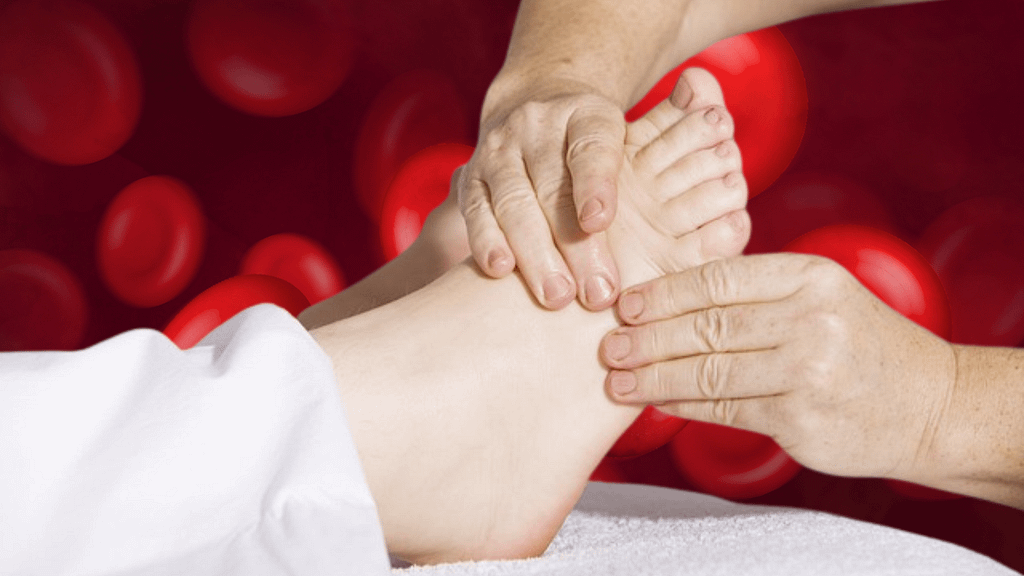

Pingback: What is the Benefit of ZenCortex Drops? - Health Harmony